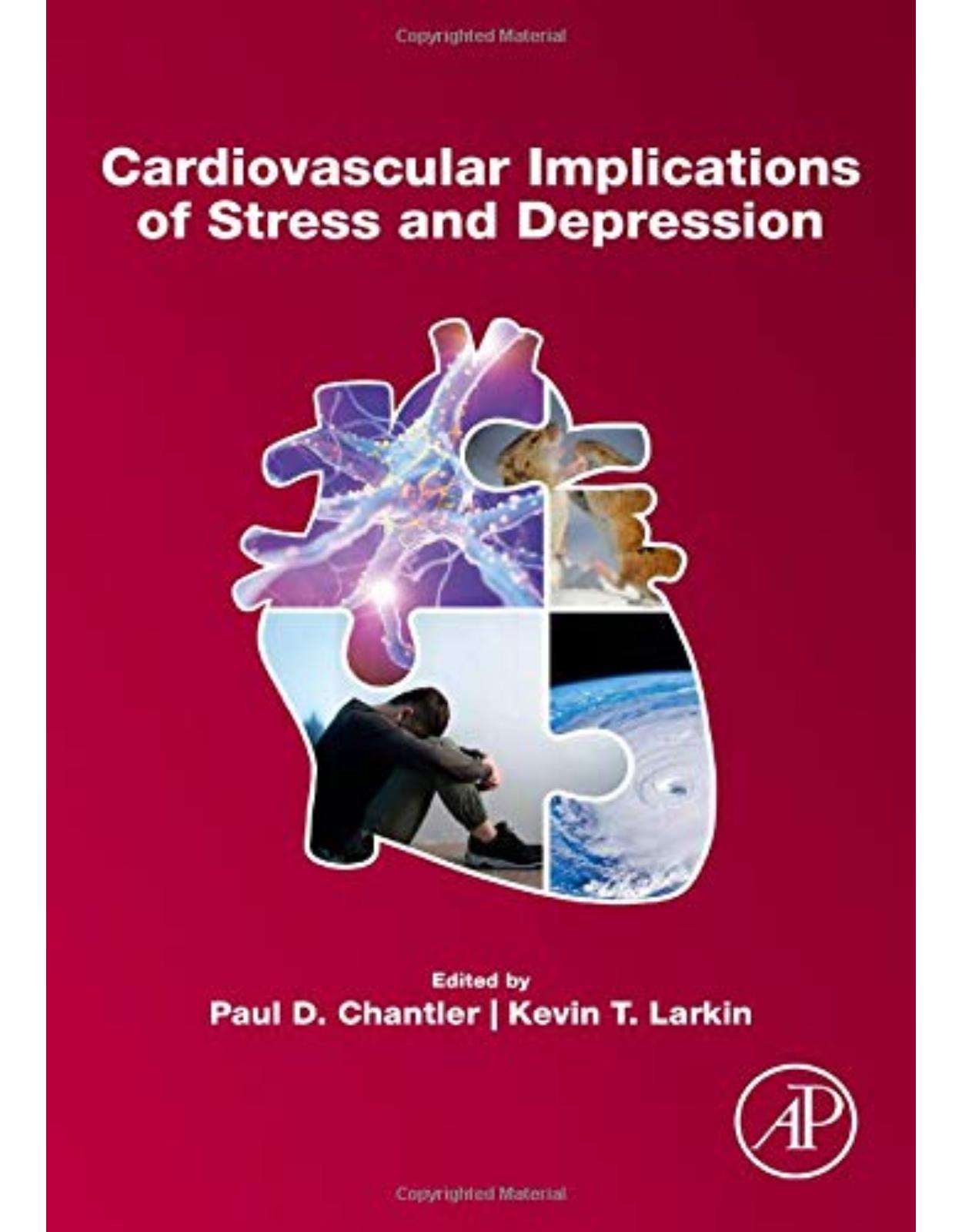
Cardiovascular Implications of Stress and Depression
Livrare gratis la comenzi peste 500 RON. Pentru celelalte comenzi livrarea este 20 RON.
Disponibilitate: La comanda in aproximativ 4-6 saptamani
Editura: Elsevier
Limba: Engleza
Nr. pagini: 377
Coperta: Paperback
Dimensiuni: 15.24 x 2.03 x 22.61 cm
An aparitie: 12 Sept. 2019
Description:
Cardiovascular Implications of Stress and Depression provides an in-depth examination on how exposure to stress influences risk for cardiovascular disease and how depression is associated with this relationship. This authoritative volume examines causal pathways linking stress, depression and cardiovascular disease. In addition, it provides mechanistic insights into how environmental stress can lead to cardiovascular diseases. Current information about mechanistic factors, clinical and epidemiological aspects, and management issues associated with stress/depression are presented. These insights demonstrate how the mechanisms behind chronic stress and depression lead to cardiovascular diseases. In addition, their role in existing diseases (such as obesity, hypertension, and diabetes) is explored.
Provides the latest information on how stress leads to depression and how stress/depression interacts to accelerate cardiovascular diseases, including stroke
Delivers insights on how mechanisms of stress/depression affect vasculature
Explores how to best research this topic from human and pre-clinical models
Table of Contents:
Chapter 1: Stress, depression, and cardiovascular disease
Abstract
Basic definitions
Conceptual models linking stress with depression and cardiovascular disease
Mechanisms linking stress with cardiovascular disease
Conclusion
Section 1: Evidence linking stress with depression and cardiovascular disease
Chapter 2: Epidemiological evidence linking stress and depression with CVD
Abstract
Methodological considerations
Stress and cardiovascular disease
Depression and cardiovascular disease
Conclusion
Chapter 3: Translational research from animal models
Abstract
Introduction: The translational value of research with animal models
Animal models and operational definitions of depression
Mechanisms, pathways, and physiological correlates
Concluding remarks
Chapter 4: Intervention research on therapies that aim to treat depression and cardiovascular disease
Abstract
Psychosocial and behavioral interventions
Cognitive-behavioral therapy
Collaborative care
Cardiac rehabilitation and exercise
Stress management/relaxation training
Caregiver interventions
Nutritional interventions
Pharmacotherapy
Other pharmacotherapy treatment
Combined behavioral and psychopharmacology interventions
Limitations
Summary of findings and future considerations
Section 2: Mechanisms linking stress and depression with cardiovascular disease
Chapter 5: Autonomic and neuroendocrine response to stress
Abstract
The autonomic nervous system
The neuroendocrine system
Pathological patterns of autonomic nervous and neuroendocrine system functioning
Exposure to stress and allostatic load
Allostatic load and risk for cardiovascular disease
Depression and allostatic load
Summary and conclusions
Chapter 6: Circulatory system alterations under stress
Abstract
Vascular dysfunction
Potential mechanisms leading to vascular dysfunction and remodeling
Adverse effect of stress on the heart
Summary and conclusions
Chapter 7: Human neuroimaging-based connections between stress, cardiovascular disease and depression
Abstract
Introduction
Neuroimaging methods
Cortical responses to stress and the brain regions affected
Cortical responses to stress and CVD
Cortical responses to stress and depression
Therapies and treatments: Effect on brain
Summary
Chapter 8: The role of inflammation and oxidative stress in depression and cardiovascular disease
Abstract
Introduction
Stress as a catalyst for inflammation
Stress as a catalyst for reactive oxygen species (ROS) accumulation: A role for mitochondrial dysfunction
Inflammation in the pathophysiology of depression
ROS in the pathogenesis of depression
Inflammation in the pathogenesis of CVD
ROS in the pathogenesis of cardiovascular disease
Inflammation and ROS responses to stress as a mechanism through which stress leads to depression and cardiovascular disease comorbidity
Conclusion
Chapter 9: Social support and stress, depression, and cardiovascular disease
Abstract
The link between stress and social support
The link between depression and social support
The link between social support, biological risk, and cardiovascular disease
Social support as a mediator
Intervention implications
Conclusions
Chapter 10: The influence of health behaviors upon the association between stress and depression and cardiovascular disease
Abstract
Tobacco use
Alcohol use
Physical inactivity
Dietary habits
Overweight and obesity
Medication and medical regimen adherence
Sleep
Summary
Chapter 11: The microbiome-gut-brain axis: The missing link in depression
Abstract
Introduction
The bidirectional microbiome-gut-brain axis
Relationships between stress and the gut microbiome
Relationships between depression and the gut microbiome
Early-life stress and depression
Relationships between cardiovascular disease and the microbiome
Conclusions and future directions
Disclosures
Chapter 12: Future directions and concluding remarks
Abstract
Causal relations among stress, depression, and cardiovascular disease
Mechanisms linking stress with depression and cardiovascular disease
Future research directions
Conclusion
Author index
Subject index
| An aparitie | 12 Sept. 2019 |
| Autor | Paul D. Chantler , Kevin T. Larkin |
| Dimensiuni | 15.24 x 2.03 x 22.61 cm |
| Editura | Elsevier |
| Format | Paperback |
| ISBN | 9780128150153 |
| Limba | Engleza |
| Nr pag | 377 |
-
1,90000 lei 1,58600 lei

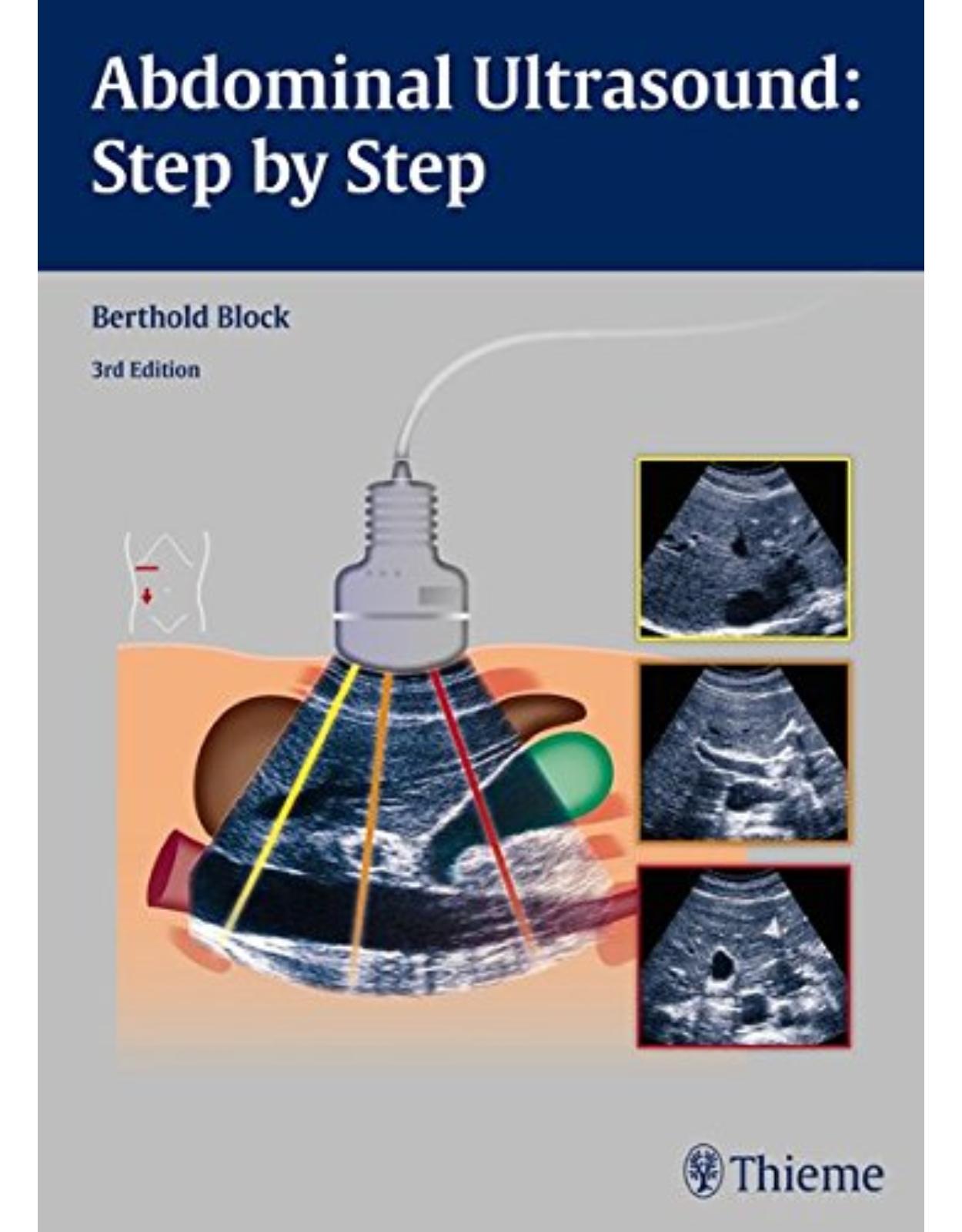
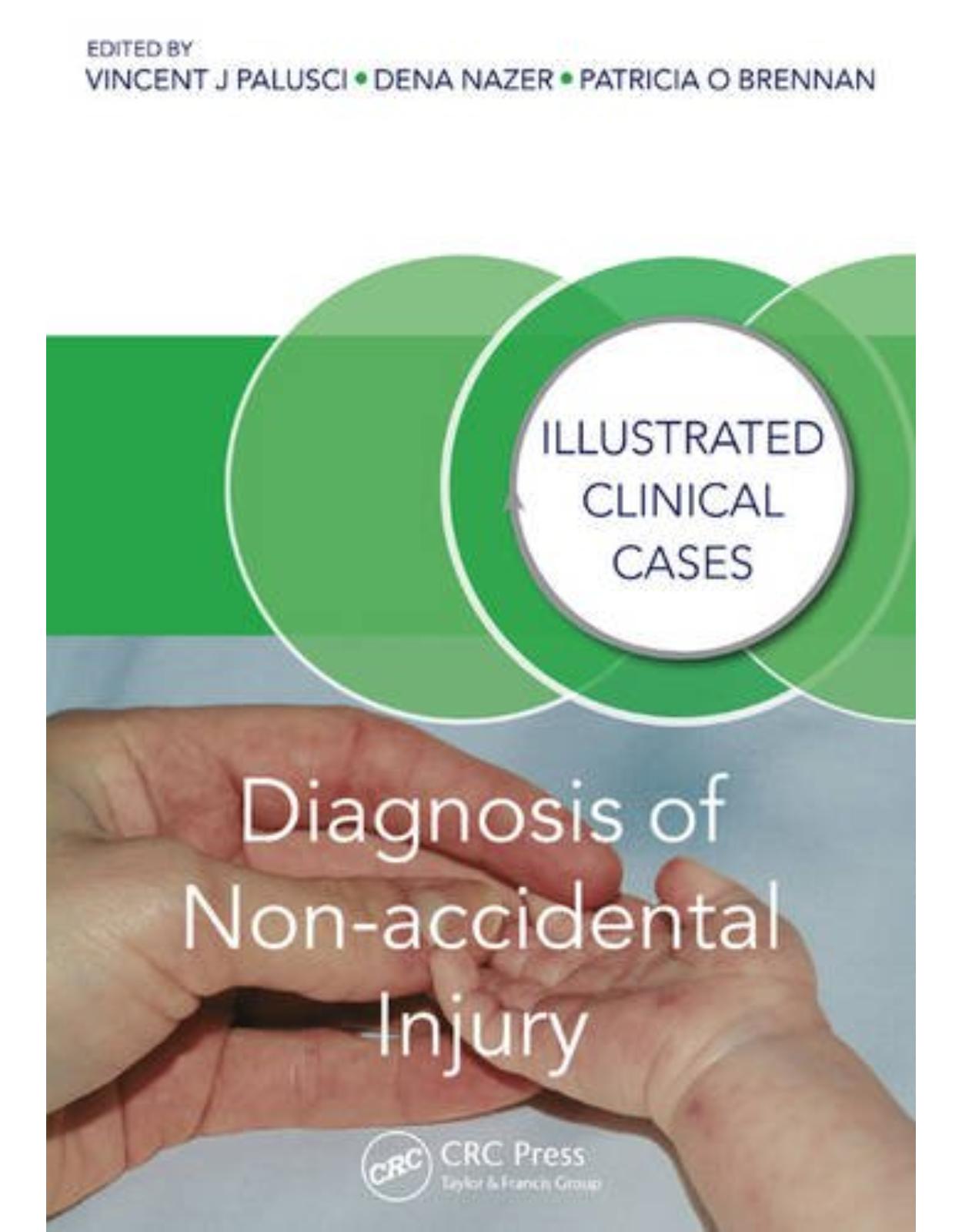
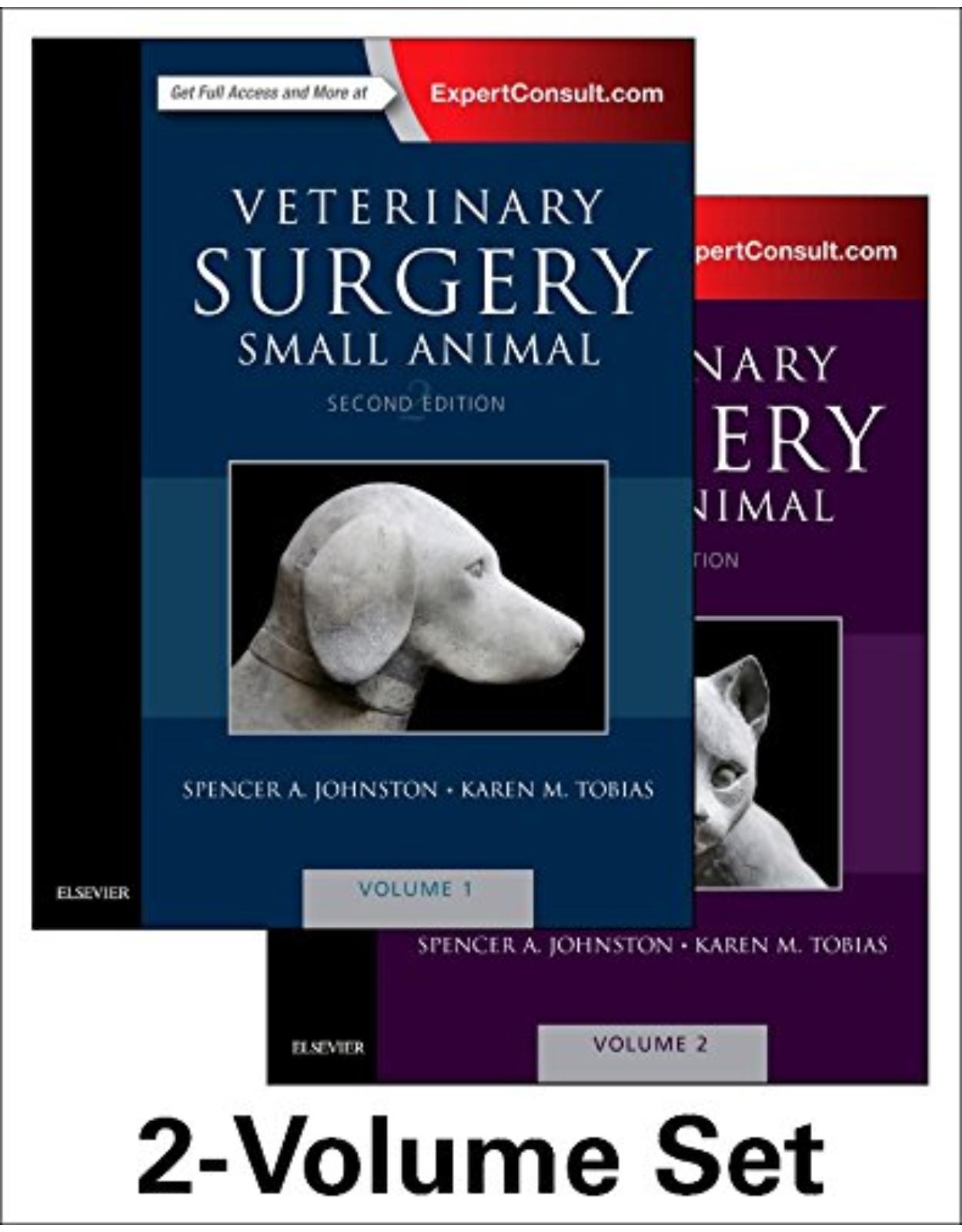
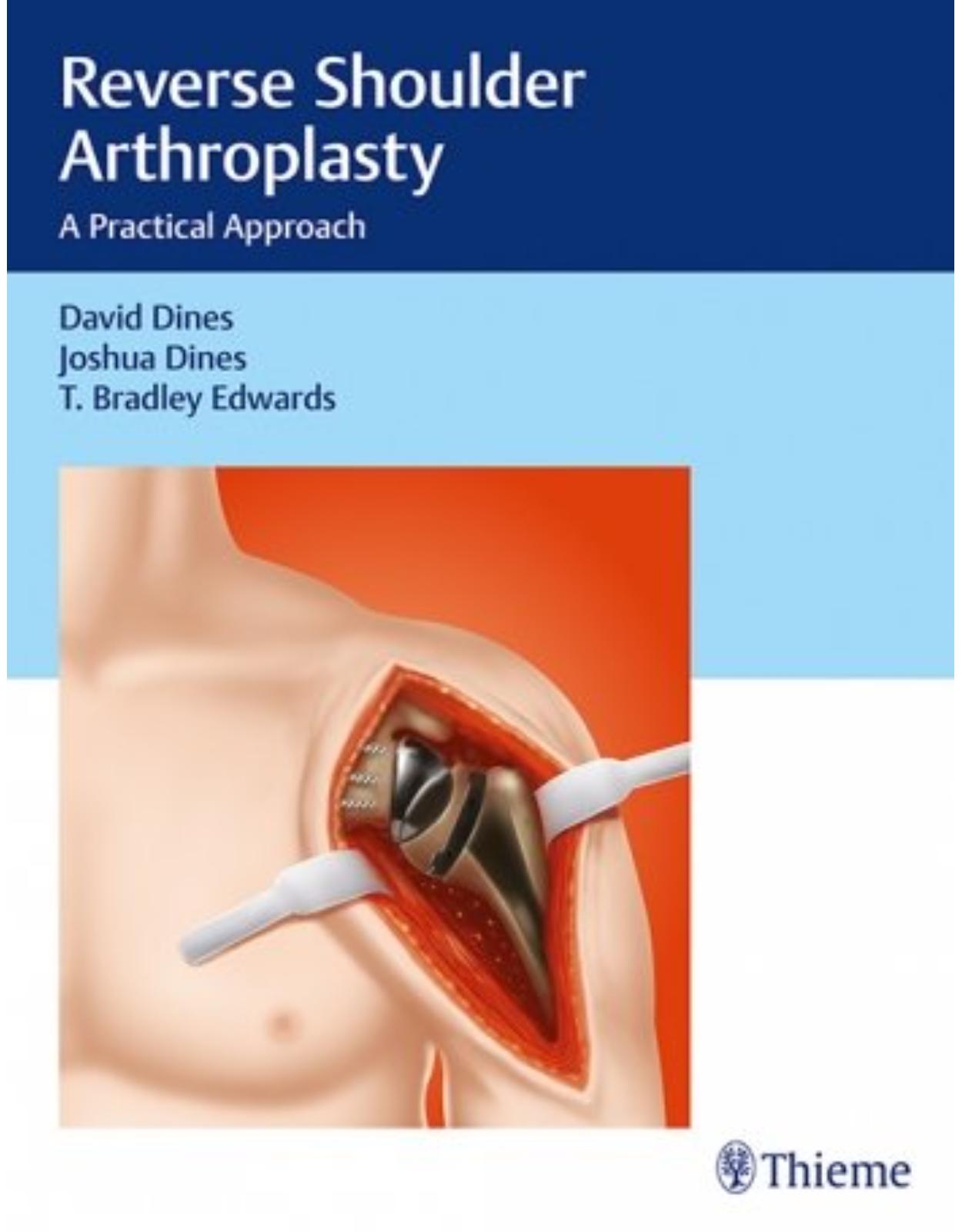
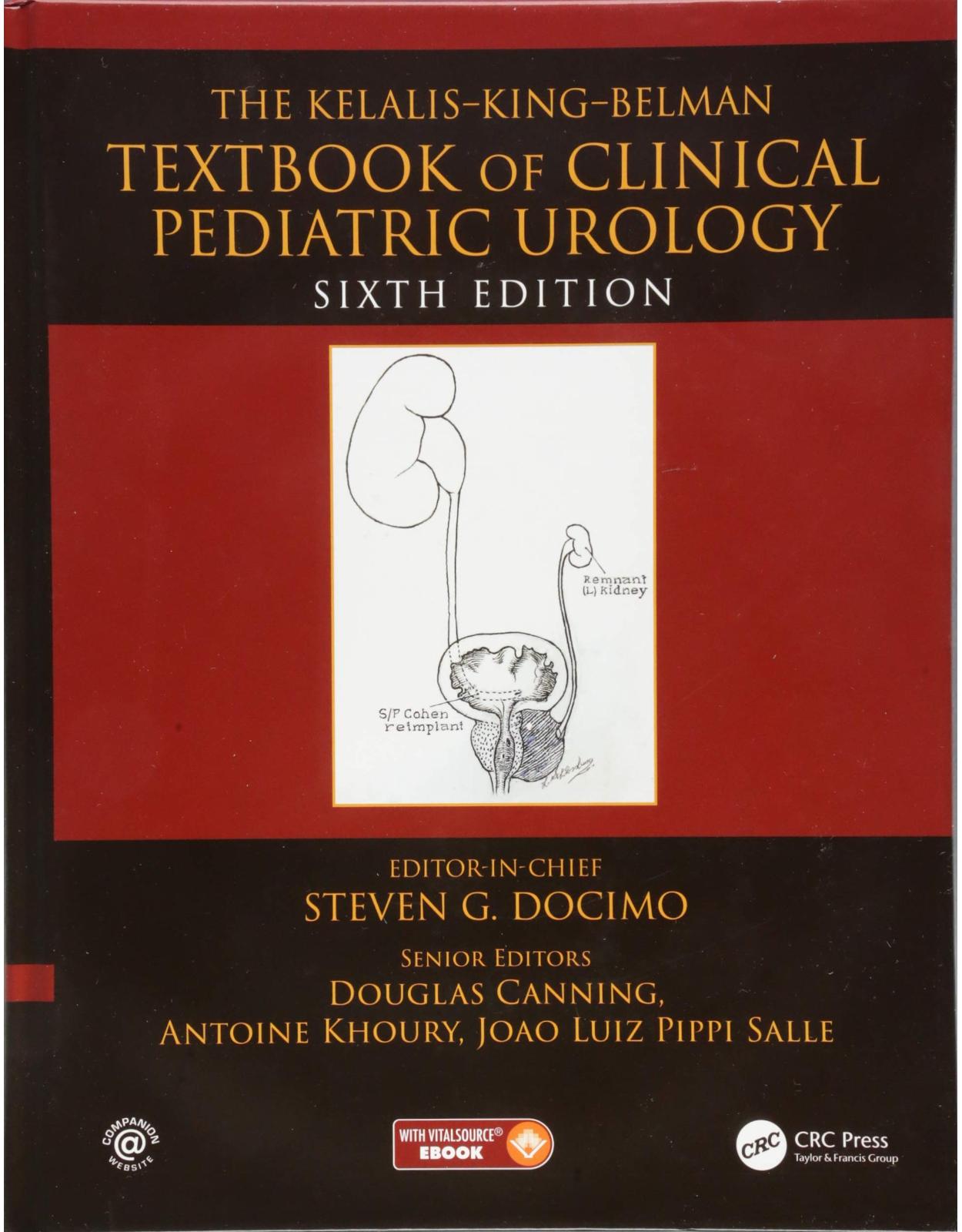
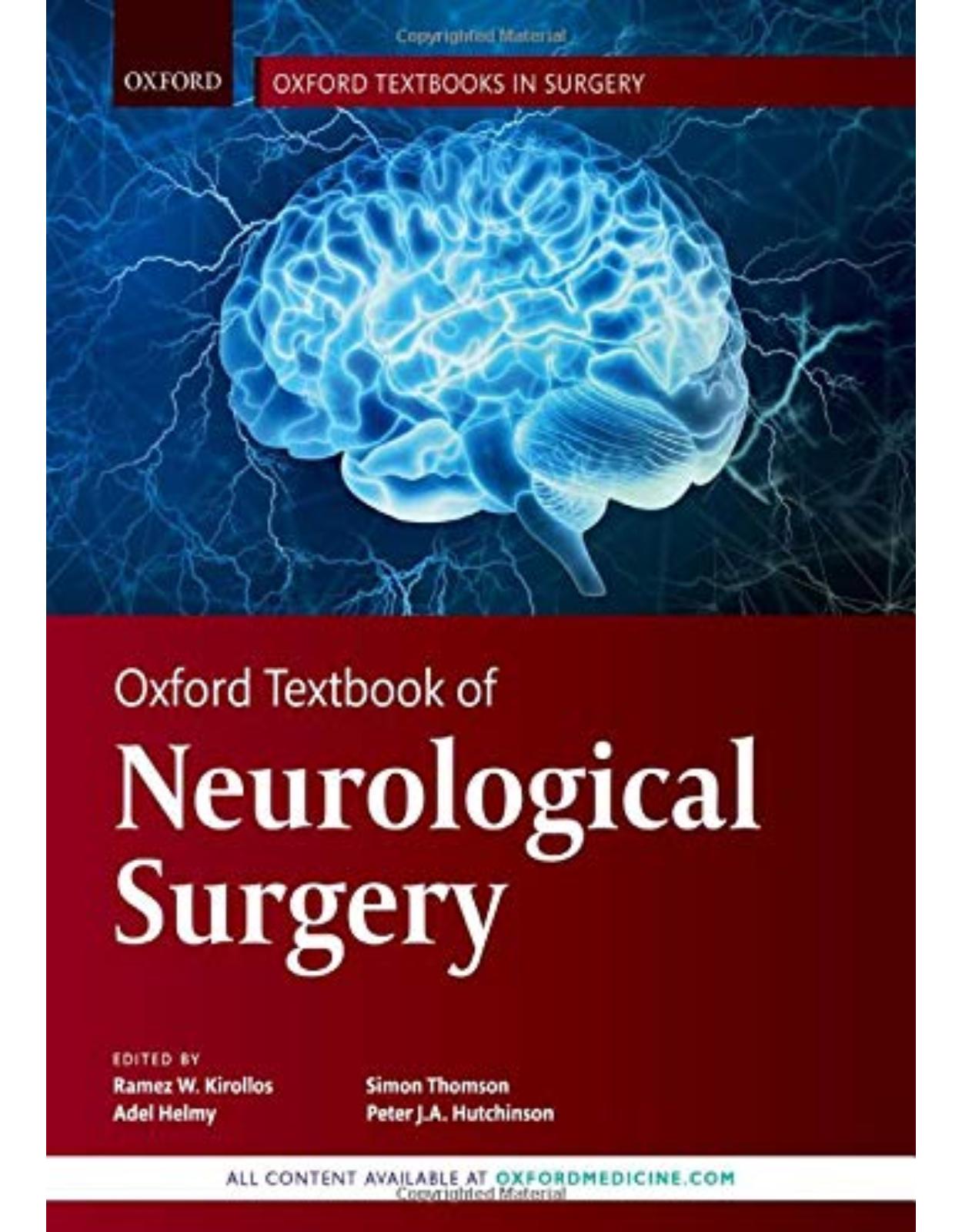
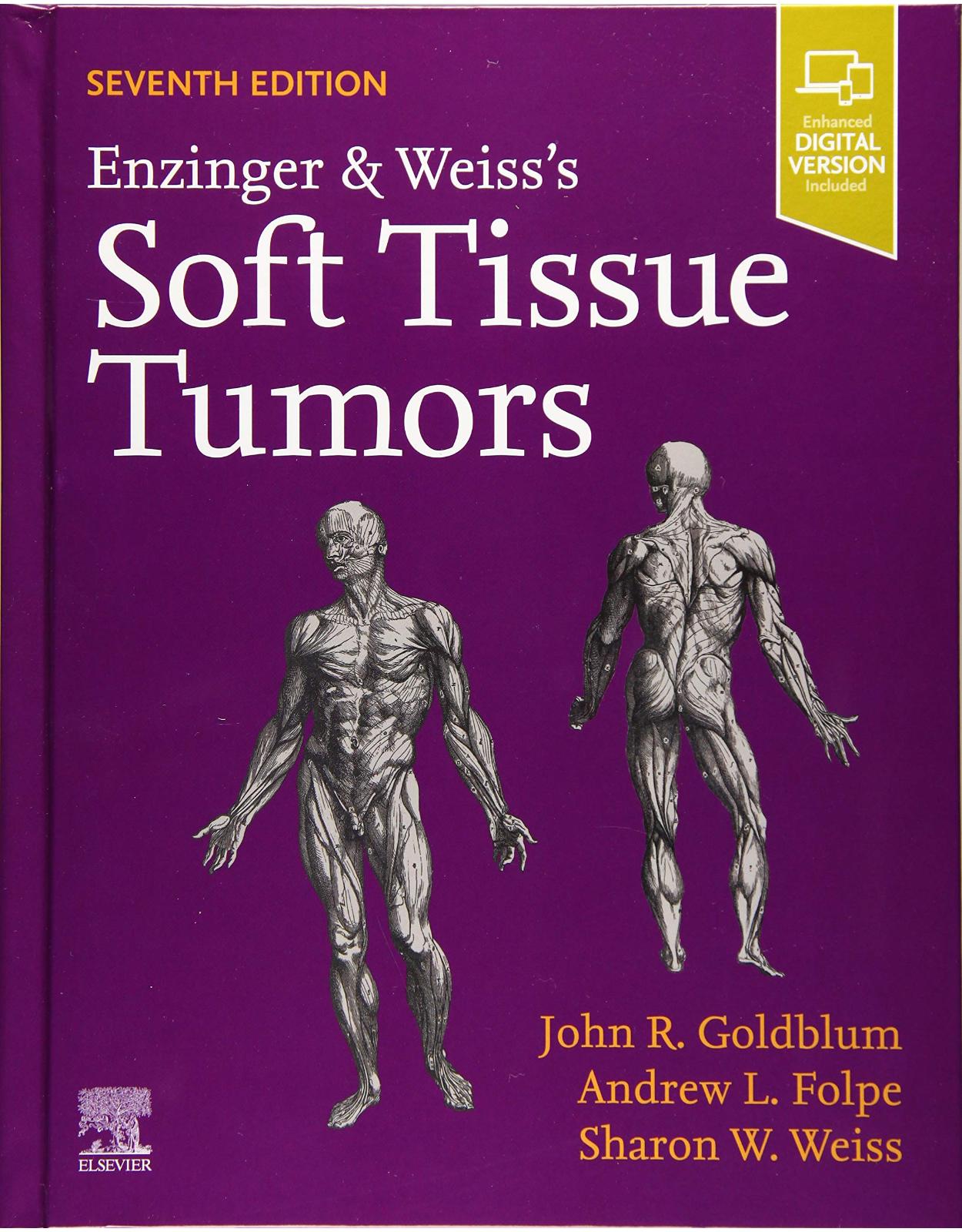
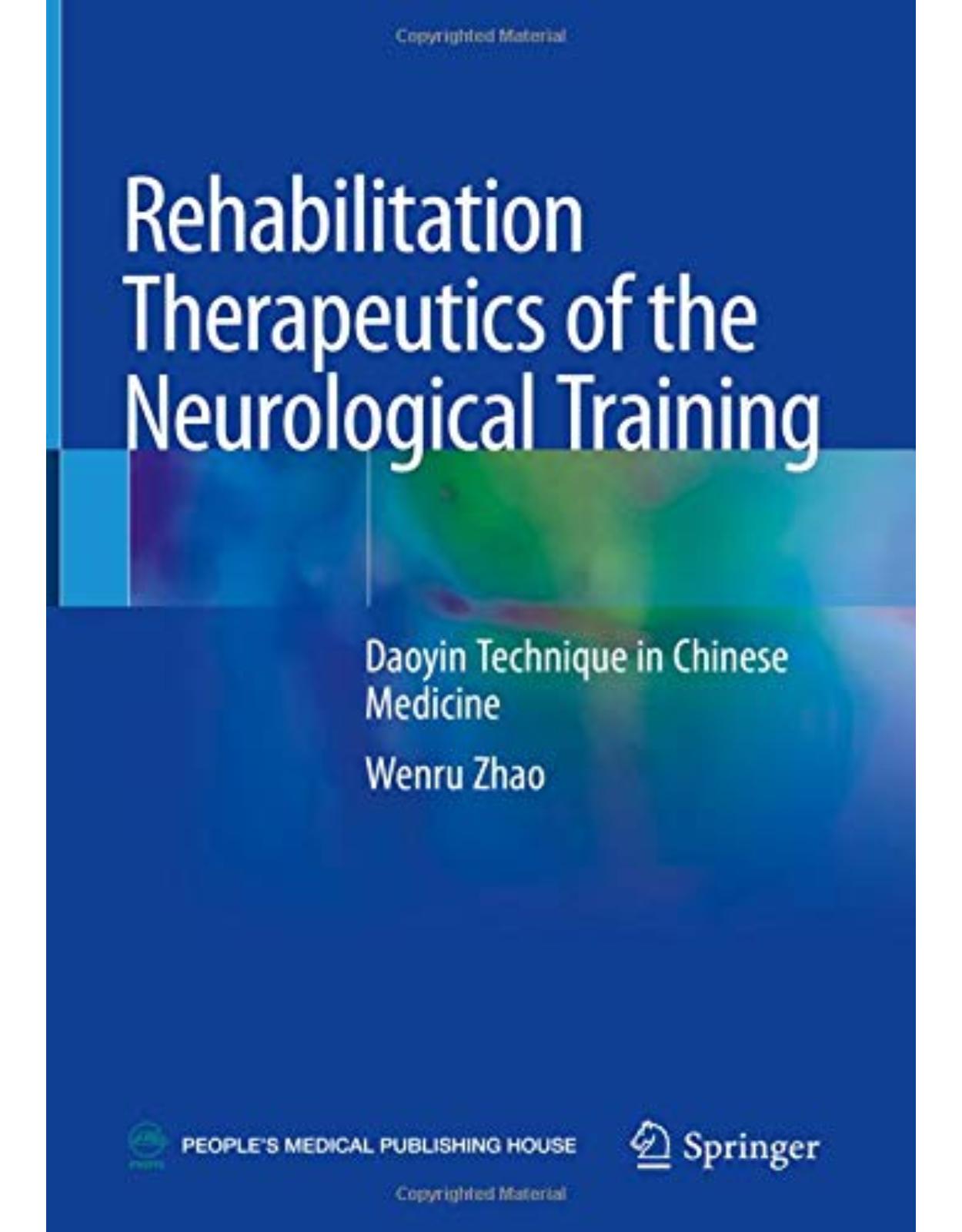

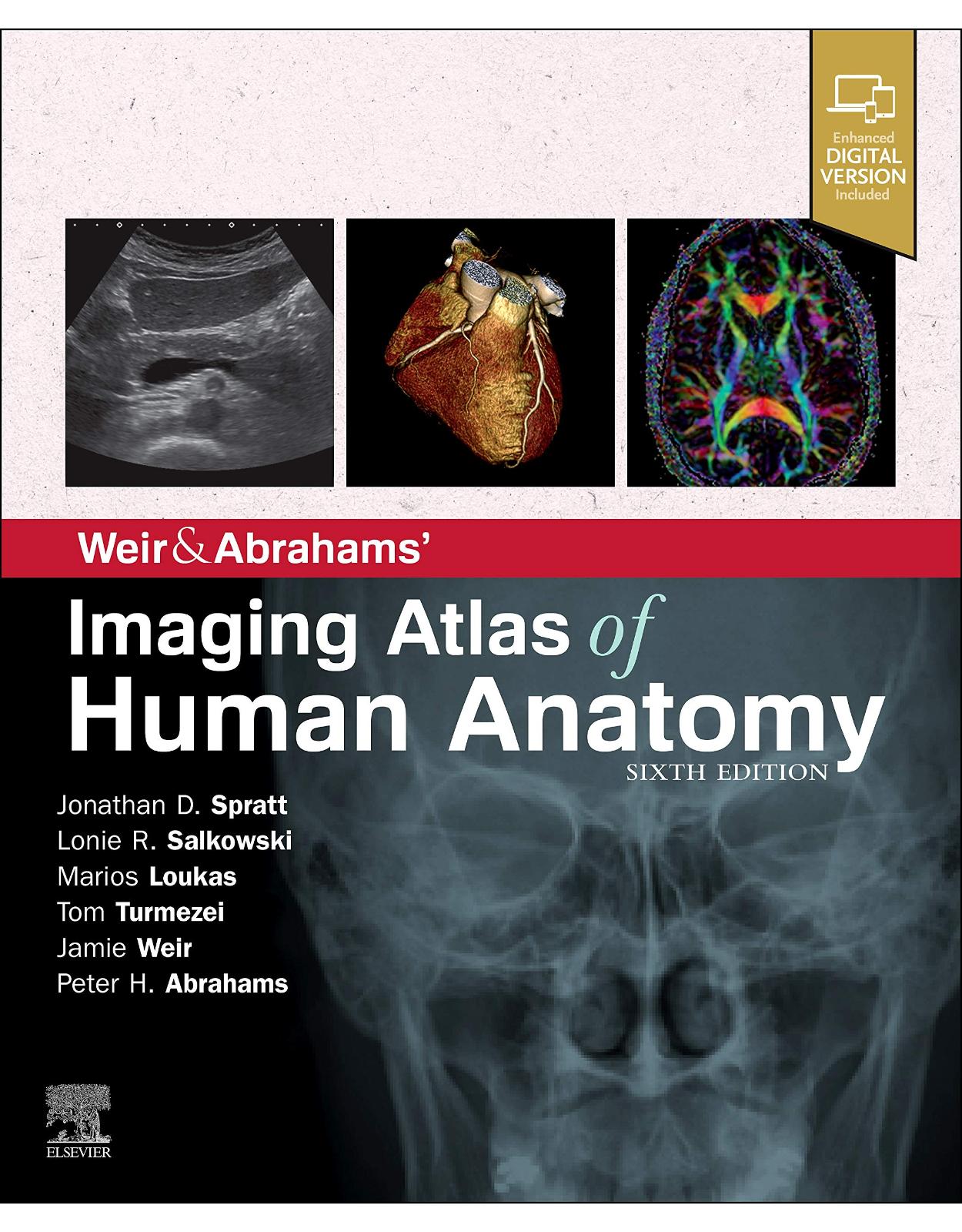
Clientii ebookshop.ro nu au adaugat inca opinii pentru acest produs. Fii primul care adauga o parere, folosind formularul de mai jos.